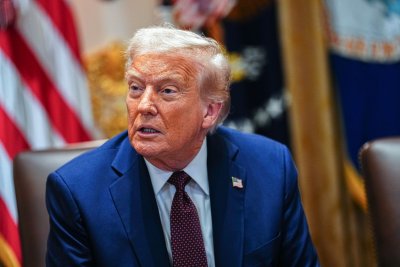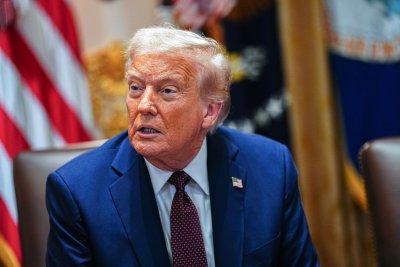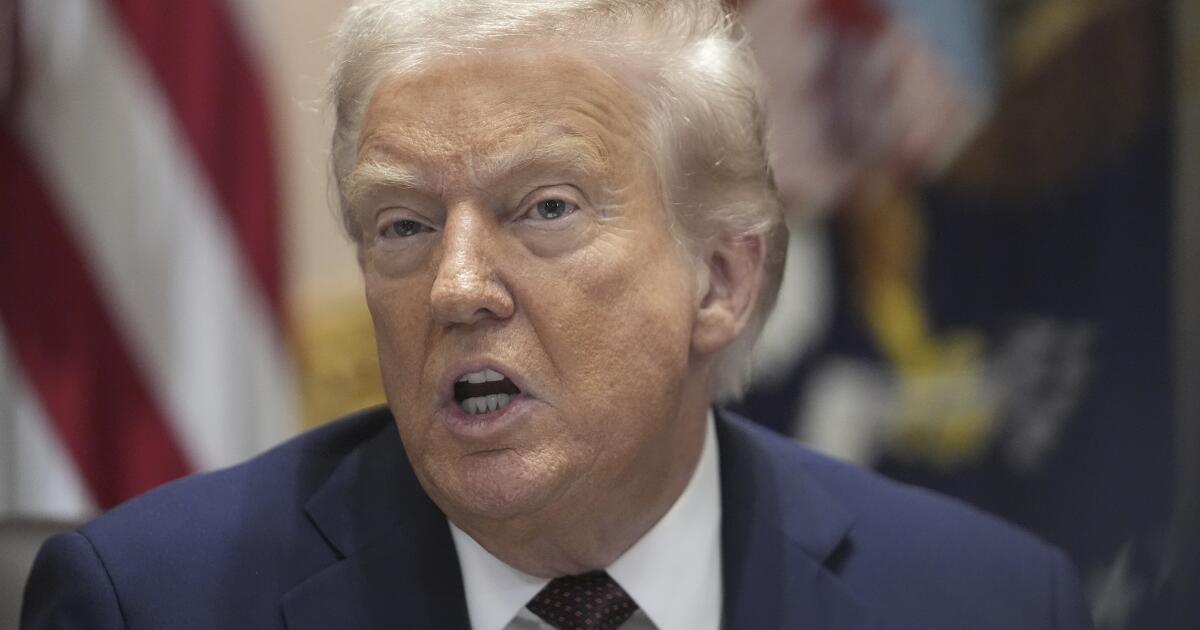Trump looks to recoup $4.9B in foreign aid with pocket recession

Aug. 29 (UPI) — President Donald Trump is attempting to recoup around $5 billion in federal funding already approved for distribution to the State Department and foreign aid programs, the White House confirmed Friday.
Trump is attempting to use the so-called pocket recession clause to claw back the $4.9 billion, a tactic last attempted in 1977 by then-President Jimmy Carter, a White House Office of Management and Budget spokesperson said Friday.
The clause allows the president to ask Congress to consider withholding the money, giving it 45 days to make a decision. In this instance, the 45-day window would run through the remainder of the fiscal year, which ends on Sept. 30. At that point, the funds would not be restored.
Trump made the request Friday in a letter to House Speaker Mike Johnson, R-La.
The president is targeting around $3 billion already earmarked for the U.S. Agency for International Development, along with an additional $990 million to be sent to the State Department and $445 million in separate peacekeeping funding.
The pocket recession came into existence with the passing of the Congressional Budget and Impoundment Control Act of 1974.
In a post earlier this month, the U.S. Government Accountability Office addressed the issue of pocket recessions, calling them “illegal.”
It points to a 2018 review of the tactic, which “concluded that the ICA does not permit the withholding of funds through their expiration date. In reaching that conclusion, we considered the language in the law, legislative history of the ICA, Supreme Court case law, and the overarching constitutional framework of the legislative and executive powers. We found that there is no basis to interpret the ICA as a mechanism by which a president may shorten the time period that an appropriation may be used.”
A White House spokesperson Friday told The Hill the tactic is legal and that the budget office was aware of the GAO’s position, but that previous administrations failed to act by closing the loophole despite recommendations.
Earlier this week, Trump asked the U.S. Supreme Court to weigh in and block a lower court order compelling the federal government to release around $12 billion in foreign aid funding.

